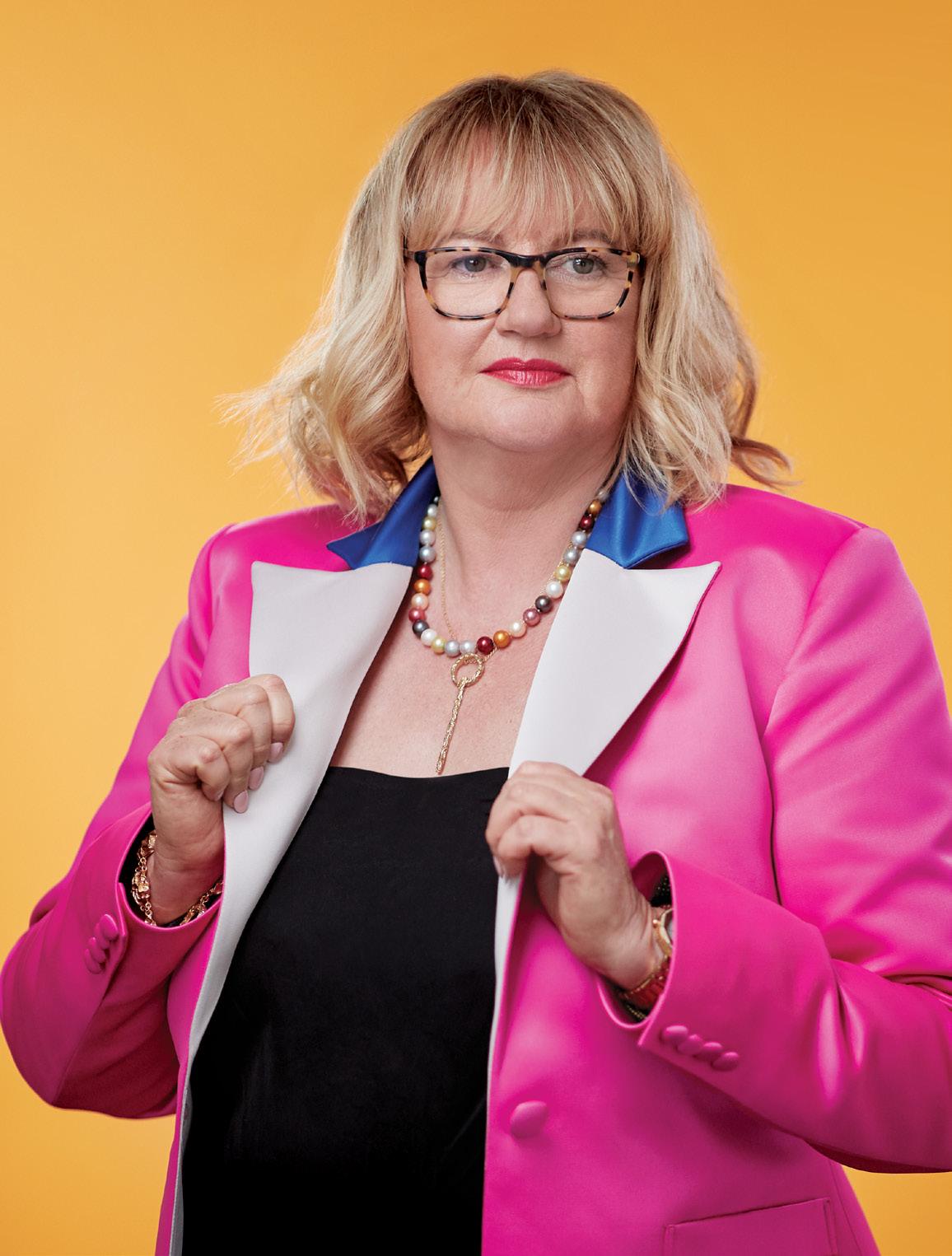
12 minute read
THERESA GATTUNG
BOLD IN BUSINESS
A regular fixture on Fortune’s most powerful women in international business lists, Theresa is no stranger to the challenges such females face. Now leading the New Zealand chapter of SheEO, she’s helping a global community make long-overdue change.
Advertisement
WORDS ALMAZ RABB / PHOTOS GARTH BADGER / HAIR & MAKE-UP DESIREE OSTERMAN
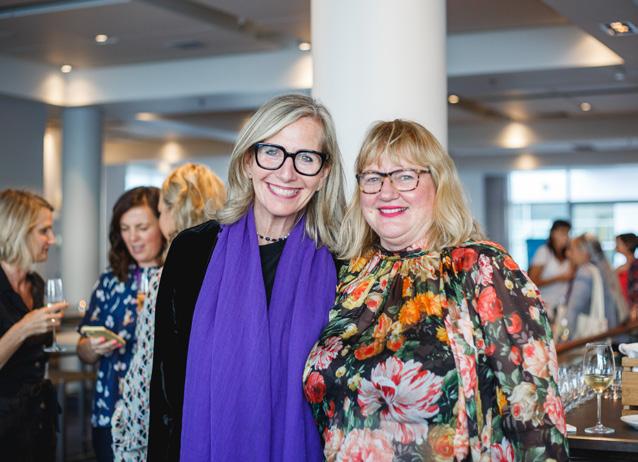
Theresa (left) with Vicki Saunders at the 2019 SheEO New Zealand summit in Auckland.
Theresa (left) with Vicki Saunders at the 2019 SheEO New Zealand summit in Auckland.
Spend any time looking into the life and times of Theresa Gattung and you’ll realise one thing very quickly: she’s not afraid to pioneer change. Arriving in the public eye at the age of 37, when she became the youngestever and first female chief executive of Telecom (now Spark), she went on to co-found My Food Bag, the home-delivery cooking-kit service that revolutionised the way thousands of New Zealanders approach mealtimes. She’s been recognised as one of the country’s leading philanthropists, working with charities such as the SPCA and Tauranga-based Cambodia Charitable Trust, and is now the country lead of SheEO, an organisation that sees women investors fund women-led businesses that are changing the world for everyone’s benefit.
Playing her part in Canadian SheEO founder Vicki Saunders’ ambitious goal to build a billion-dollar fund through the organisation worldwide, Theresa’s knee-deep in what may be her most important quest for change yet. To put its significance into context and demonstrate the urgent need for SheEO, you need only to consider that worldwide just four percent of all available capital is
currently invested in women-led ventures. Having spent decades holding prominent positions in the business world, Theresa’s quick to recognise that even in 2020, the playing field for women in business is still far from even. “You don’t really have to work very long as a woman in business to realise that it’s still harder,” she says. “It’s not as hard as it was 20 or 30 years ago, but it’s still hard.”
As the daughter of two entrepreneurial British migrants, it’s no surprise that Theresa grew up to be business-savvy with a bent for challenging the status quo. Leaving behind their native London, her working-class parents, Marion and John, set sail for New Zealand in the 1960s. They were what Theresa affectionately calls, “ten-pound Poms”. “They paid £10, got the passage by ship and had to sign an agreement saying that they’d stay in New Zealand for at least two years,” she says. “And here they are, over 50 years later.” She and her parents now live next door to each other in Waihi Beach.
Moving from their initial base in Wellington to settle in the Bay of Plenty, Marion and John set up a souvenir business in Rotorua. “My parents were entrepreneurs, in a small way,” says Theresa. “My father retired from the paid workforce in his forties after illhealth and has had to support himself ever since with property and other interests. So, yes, I come from a background of small-business people.”
Breaking away from their established family tradition of taking the same career path as their parents before them, Theresa’s parents’ success in New Zealand is, she believes, partly due to their adopted Kiwi mentality – they simply got stuck in and were willing to try something new. She also recognises her father’s progressive and supportive approach to parenting as a unique factor in shaping the person she became.
“My father had only sisters and then he had four daughters,” she says. “He was always very encouraging of us reaching our full potential, and never had any particular gender stereotypes about what girls could do [or] boys could do, which was pretty unusual [at the time].”
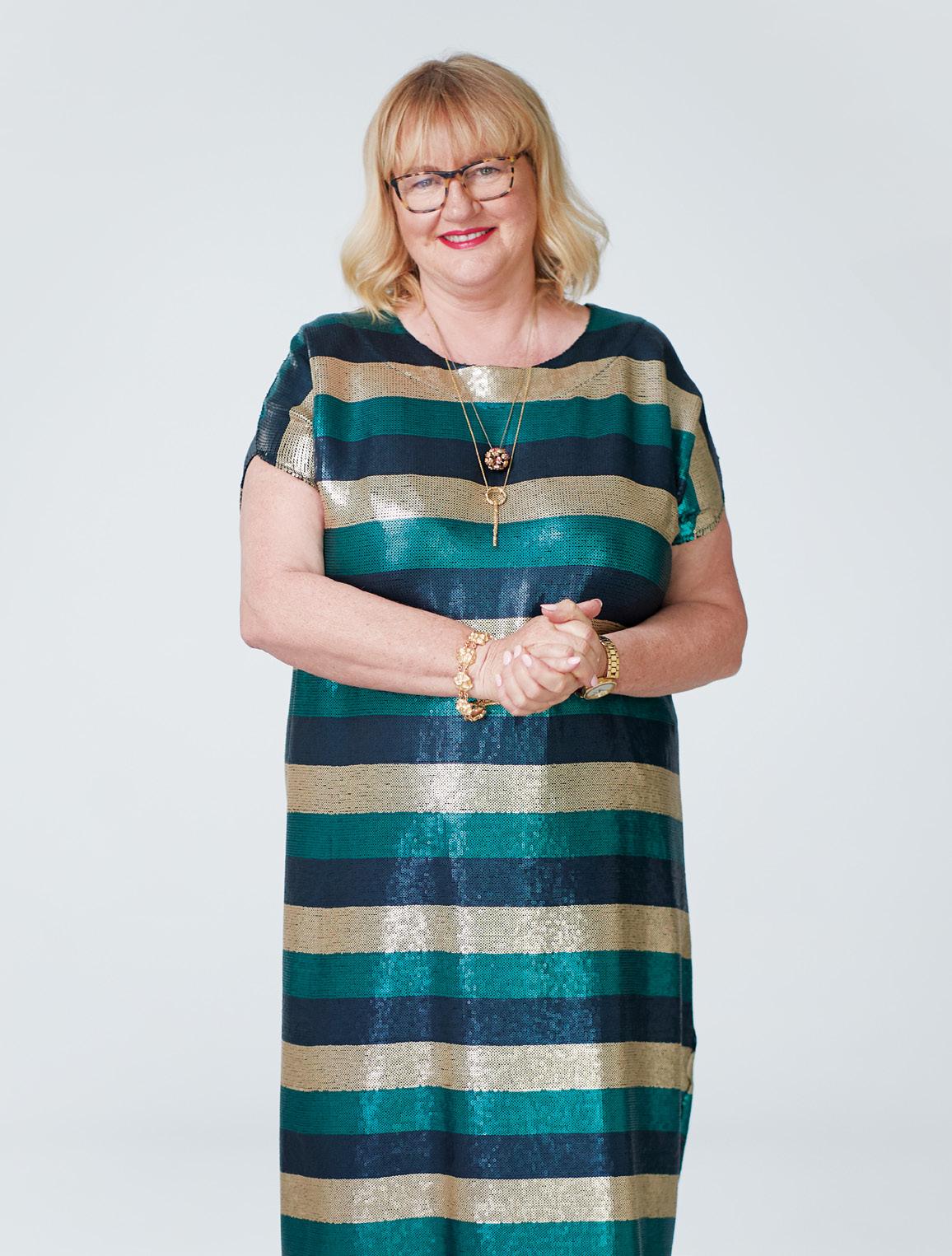
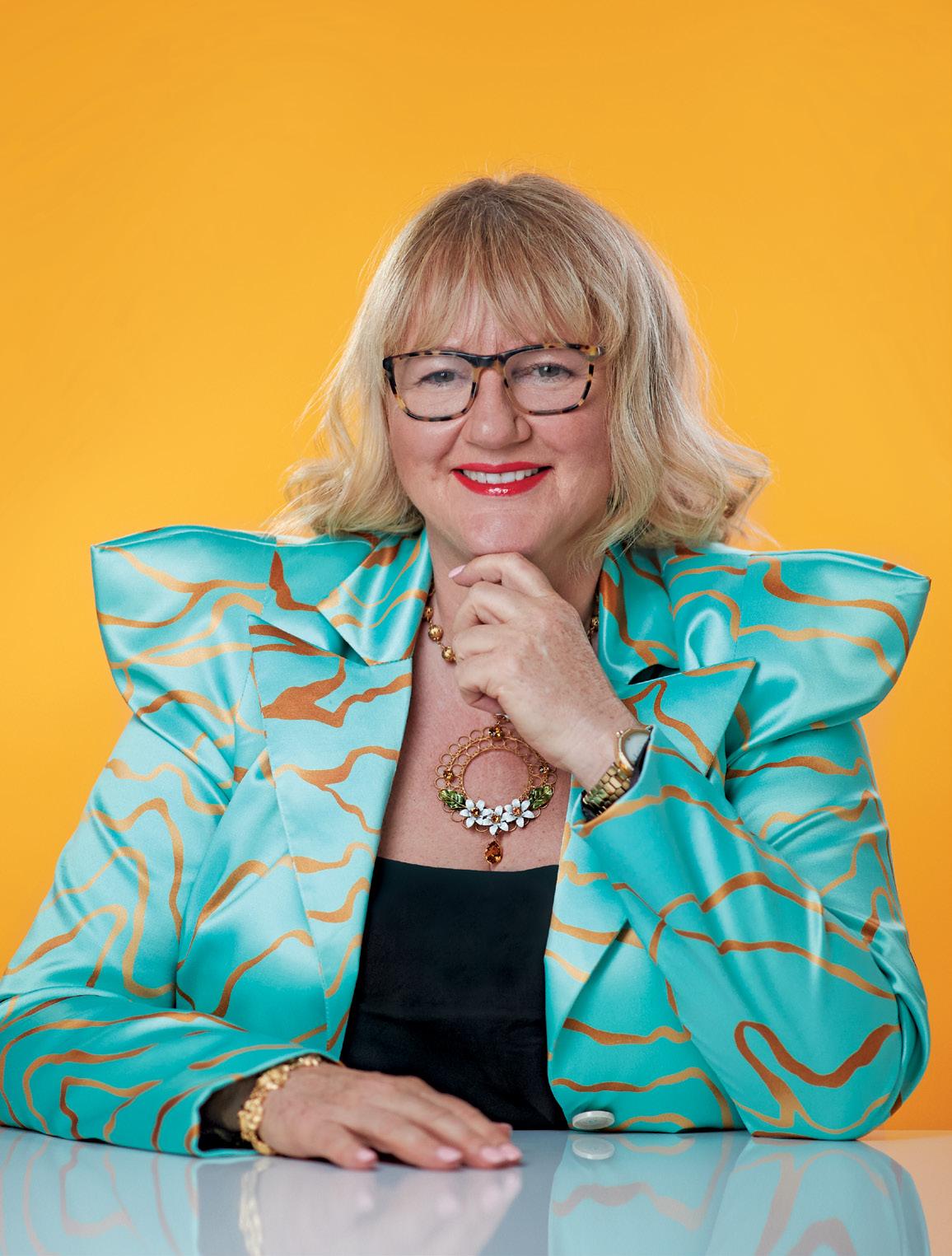
Theresa starts every single day with a swim. It’s a non-negotiable part of her routine.
On completing her schooling in Rotorua, Theresa studied a business degree at the University of Waikato, before moving to Wellington to complete a law degree. Even as a young adult, she understood that she would need to play her part in fighting for gender equality in the business world. At the time, there were no women running large companies in New Zealand, so she knew that achieving her dream of running a large company by the age of 40 would not be easy. “I’ve always understood that there are structural issues that can hold women back in society,” she says.
“ I ’ V E A LWAY S U N D E R S T O O D T H AT T H E R E A R E S T R U C T U R A L I S S U E S T H AT C A N H O L D WOMEN BACK IN SOCIETY.” In the years that followed, Theresa began her corporate career climb through TVNZ, National Mutual, the Bank of New Zealand and telecommunications company Telecom. Originally joining the latter in 1994, she was appointed CEO in 1999. As its first female CEO, she was thrust into the public eye, at times facing challenges that her male counterparts would rarely experience (after being announced as chief executive at a press conference, the first question she was asked was if she intended to have children).
As she says in her memoir, Bird on a Wire, she successfully led the company into an entirely new era of communication. “When I joined Telecom, I was given a cell phone that was really big; you almost needed a separate briefcase for the size of the cell phones!” she says. Two years later, returning from a conference in Europe in 1996, she began to realise just how big the internet was destined to become, and went on to lead Telecom’s
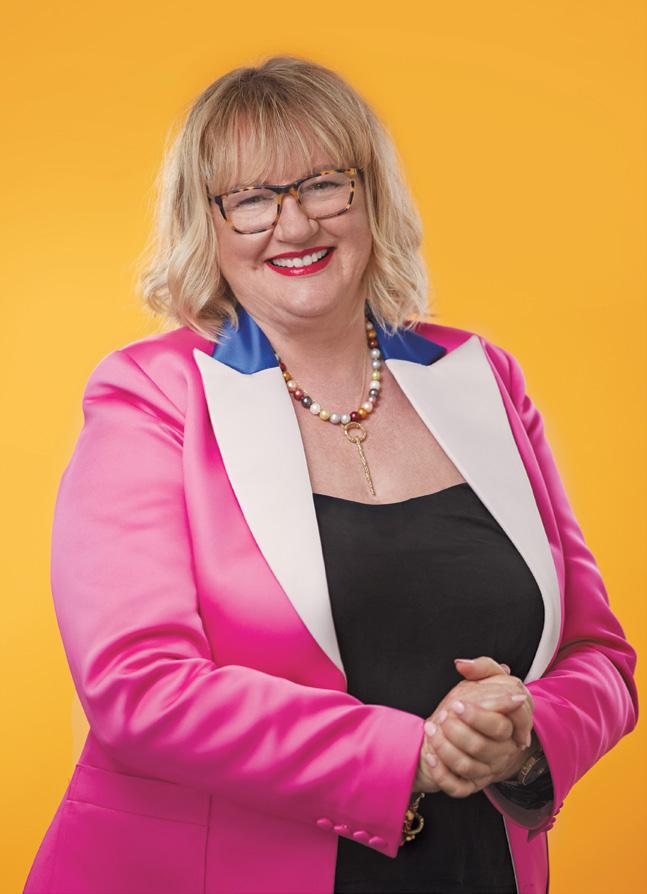
transition into the age of IT. “When I was CEO, we bought a couple of large IT companies. We bought Gen-i and we bought Computer Land, and we put it together with Telecom’s IT division and we called it Gen-i. Then over that time, Telecom became the number-one provider of IT services.”
Stepping down from her role at Telecom in 2007, Theresa spent several years pursuing other business and philanthropic ventures, before co-founding My Food Bag in 2012 with Cecilia and James Robinson. “When Cecilia was on maternity leave with her son, Tom, she wrote up the business plan for My Food Bag and showed it to me,” she says. “I looked at it and I thought, ‘Yes, this is really gonna work’. I realised that something like that would fill such a need for women in every situation because ‘What are we going to have for dinner tonight?’ usually falls on the woman of the household.”
As chair of My Food Bag and a key investor, Theresa worked with the Robinsons, Nadia Lim and Nadia’s husband Carlos Bagrie to swiftly get the business off the ground. “In the beginning it was just us, and then we started hiring people and we had the philosophy that we’re going to go for the best,” she says. “We had the best advisors, we got the best people and we always thought that it could be a bigger business. We never saw it as a small business. We set up the systems and everything to scale fast.”
After huge and rapid success, a majority share of My Food Bag was sold to Waterman Capital, freeing up Theresa to focus on building a name for SheEO in New Zealand. “When I heard founder Vicki Saunders speak a few years ago at a conference in America, she had just launched SheEO in Canada in 2015 and I thought it was a brilliant idea,” she says. “Her idea was to completely change the paradigm.”
Simple yet hugely effective, SheEO operates on the principal of ‘radical generosity’ – a belief that trust, collaboration and a strong female community is the key to creating opportunities for more women-led ventures to succeed. Every year, an intake of local investors, called Activators, each contribute $1100 to a central funding pool. These women then work together to choose five women-led Ventures to fund through five-year interest-free loans.
“Vicki had a couple of cycles of funding in Canada and I went up to her and said, ‘This would be fantastic in New Zealand,’” says Theresa. “I organised a conference, brought her down to New Zealand and she presented to a room of 500 women who just loved the idea. We decided to launch in New Zealand – but then we hit a roadblock because in Canada, SheEO’s not a business or a charity. It’s not taxdeductible and it doesn’t want it to be a charity. We’re trying to reframe what business is, and I believe the world will be more effectively changed through business than through charity. So we struggle because the law doesn’t really have a category that’s in between.”
Having ironed out some teething problems and brought Westpac on board as a key supporter, the New Zealand chapter of SheEO has so far raised $700,000, which has been loaned to 10 local Ventures over two cycles of funding. Worldwide, SheEO has so far raised more than US$5.5 million in loans through 5500 Activators, allowing 63 women-led ventures in five countries to gain vital funding. The opportunity to change the face of business seems almost limitless.
When it comes to selecting ventures to invest in, SheEO has strong criteria. They have to be at least 51 percent
34 | unomagazine.co.nz women-owned; be doing something good for the country, the world or the planet; meet revenue requirements; and demonstrate an ability to scale. In fact, seven of the global Ventures have gone onto raise follow-on funding to scale their businesses. Two of them are New Zealand businesses, online accountant Beany and The Better Packaging Co.
Although SheEO has game-changing benefits for its selected Ventures, the system is designed to benefit everyone else involved too. Through several nationwide and regional events, SheEO Activators have the opportunity to make invaluable business connections themselves through their involvement in the organisation. Every year, SheEO runs a summit at which the supported Ventures for the year are announced and Activators have the opportunity to gather on a national level. Along with networking opportunities, Activators also have the chance to participate in follow-on funding opportunities.
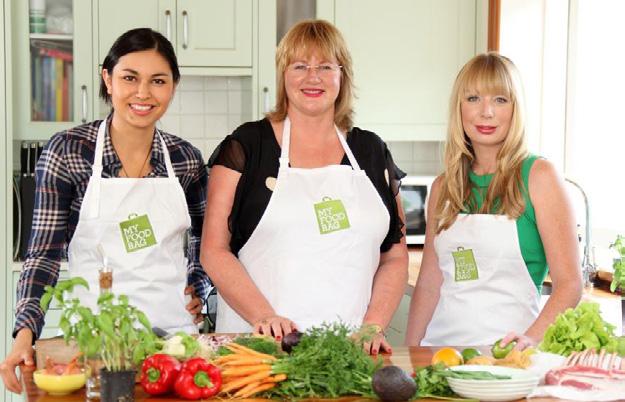
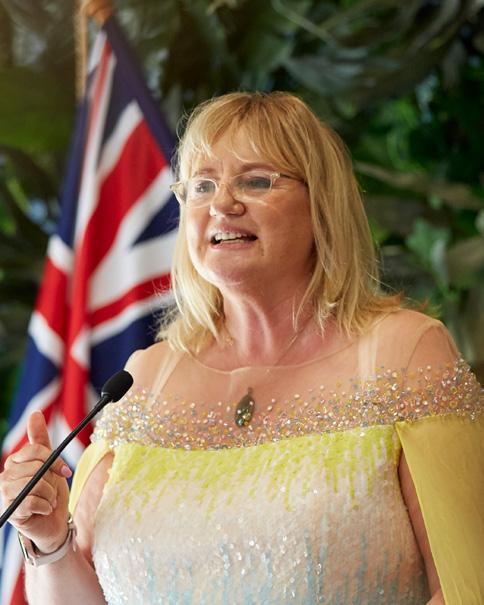
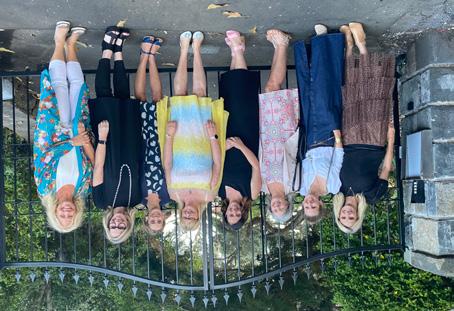

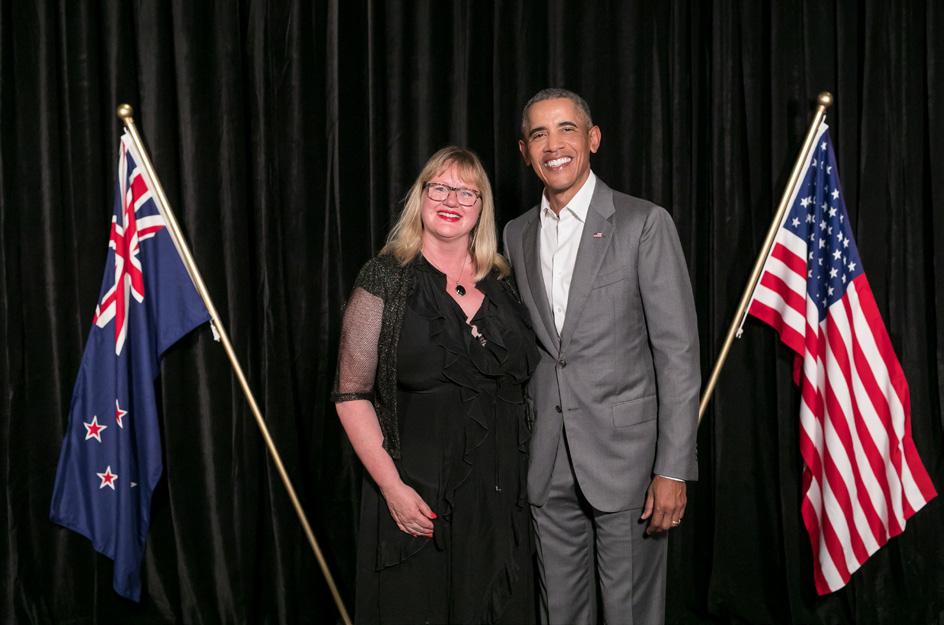
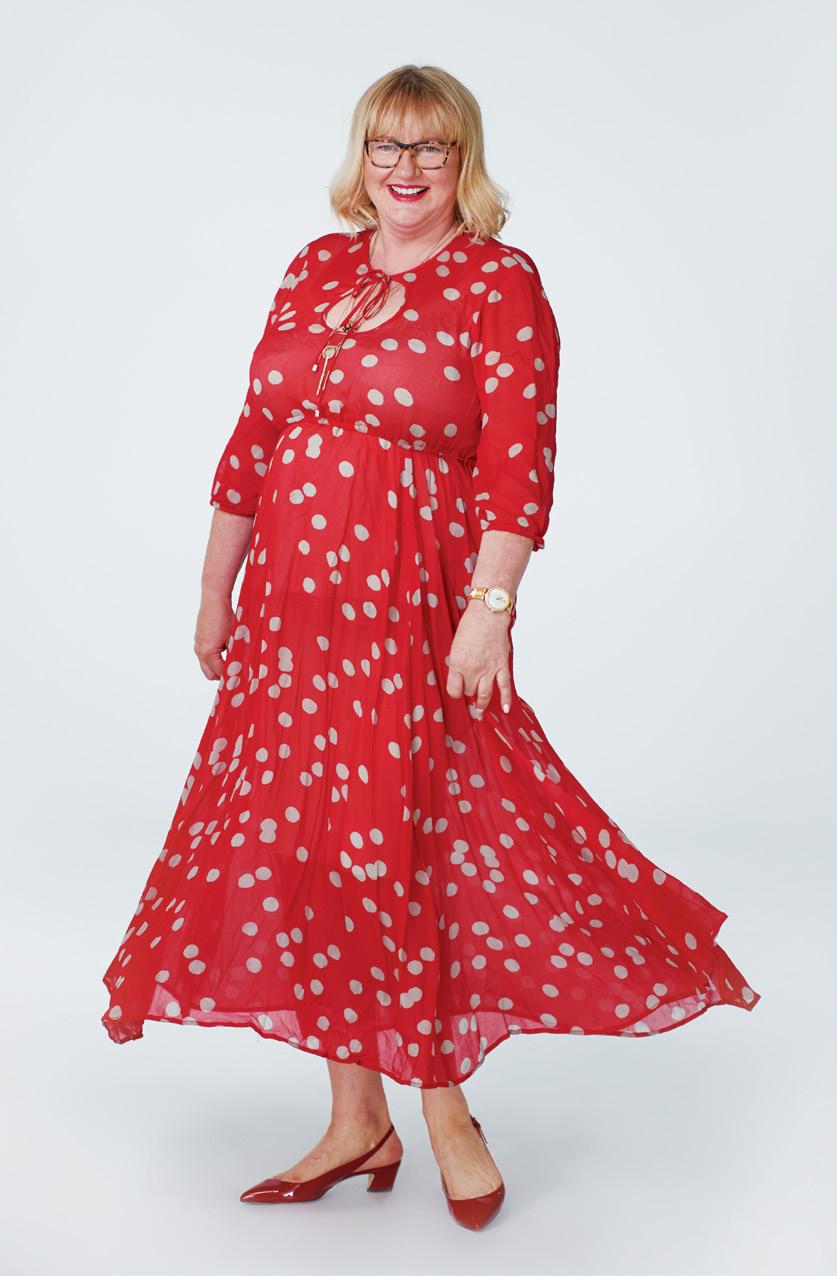
RIGHT Marion (far left) and John Gattung with Marion’s mother Betty Clay, holding baby Marion, and (from left) Yvonne, Theresa and Angela.
INSPIRING
reads
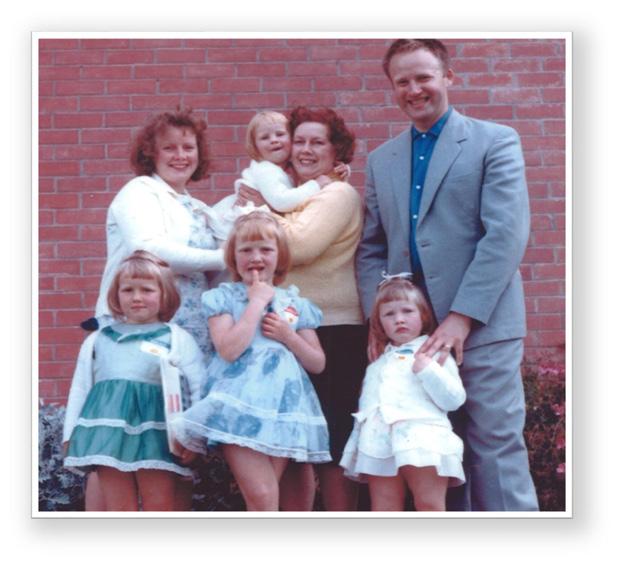
Bird on a Wire Theresa Gattung
In her best-selling memoir, trailblazer Theresa tells tales of her journey to the top at a time when she was paving the way. Written in her trademark downto-earth style, this compelling read opens your eyes to both the lows and the highs, what went on behind closed doors and how she ultimately chose to alter the course of her life.
Think Like a SheEO Vicki Saunders Attention all women with a desire to forge their own path, be part of a new paradigm and create meaningful change! Here, Vicki outlines principles and exercises to help you get there, drawing on her own experiences and those of other forwardthinking women in business. “The first benefit you get as an Activator is meeting all the other Activators,” says Theresa. “Vicki comes down from Canada and it’s amazing to spend a day and an evening with that group and to be so inspired. You really make linkages that will benefit your business.”
The Ventures are some of the most innovative businesses in the world right now. Theresa says each is working on the world’s to-do list – the 17 sustainable development goals issue by the United Nations. Of the New Zealand Ventures, The Better Packaging Co has developed courier bags with zero plastic, made mostly from plants; Chia Sisters operate New Zealand’s first solar-powered drinks factory; and Pure Peony harnesses the attributes of peony flowers to treat skin conditions.
Activators can contribute $1100 in one go or in $92 monthly payments. Theresa encourages women from all walks of life, backgrounds and abilities to get involved by becoming an Activator or applying for funding as a Venture. “We’ve made a commitment that at least one of our funded Ventures must be led by a Māori woman,” she says. “We recognise that the joining together of our cultures happens at the speed of trust.” With a knack for knowing exactly what the world needs when, Theresa says she allows both passion and logic to guide her when it comes to choosing what to take on. “I do what moves me at the heart level and the head level. I know with SheEO, I can make a difference to the world, supporting women in business. And I can do it here in my home in New Zealand.
Theresa knows better than anyone that New Zealand is a nation of risk-takers and innovators, but she insists we need to keep pushing for more and looking at how to solve the big issues in our society. When asked what the world needs most right now, she puts a challenge to Kiwis.
“We just need to keep being more of what we can be, because we can really mean something to the world,” she says. “We show what’s possible. We have to make New Zealand the best she can be, because we lead the world in many ways. We have to keep doing that, even though we’re not perfect. New ways of thinking to deal with problems can flourish here. We have to become even more a part of the solution – that’s the mission of every person living in New Zealand.”










